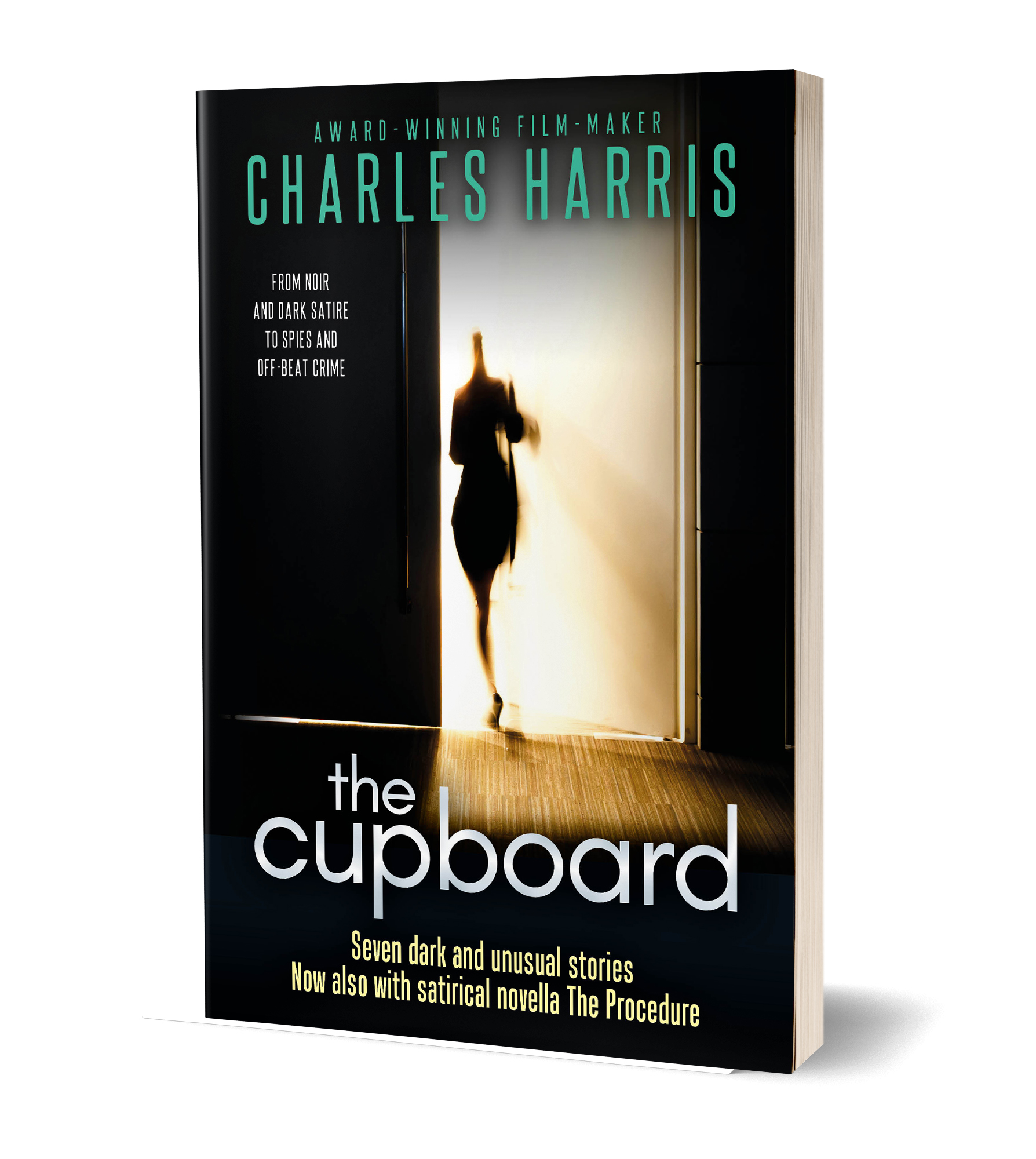Tags
A big welcome to experienced producer, script-editor and writer Yvonne Grace, who drops in from Scriptadvice.com to talk about the best way to work with a script editor.
I am often asked by my writers whether it is useful/a good idea to have your work looked at by a script editor during the writing process. I say yes it is on both counts.
A word of caution though, you do get what you pay for, so make sure the person you are sending your work to really does know their way around a script and will present good value for your money. Check out their CV on their website, and ask around; word of mouth is still the best recommendation in my book.
So, you have made your selection and now, you are sending off the result of weeks of hard graft to a professional Script Editor who represents the first filter system that your work will have to go through to land ultimately, on the hallowed wood of a potential Producer’s desk.
And you are concerned, of course you are. What are they looking for? What will they be thinking as they read through your pages? Did you do enough? Will they laugh/cry/react in the right places? After all, this is your voice, we are talking about here. These 60 / 90 / 120 pages are not just a story told in scenes via the camera, they are you.
So here, hopefully to put your mind at rest, are the key areas a Script Editor worth their salt will be looking at and assessing and helping, if necessary, to fix.
Not all Script Editors will go through these areas as I list them, but this is how I, with my Script Editor Hat firmly on my head, approach a body of work in 12pt courier, usually running between 60 and 120 pages.
PLOT
What’s the story? Is it easily strapped across the script length? Do the scenes flow well from one to the other? Does if feel disjointed; hard to follow? Does this story grab/engage/amuse/alarm? Where is the drama and how is it metered out over the length of the script?
SUBTEXT
What is the underlying motivation of the characters here? What is not being said, but is still clear in each scene? Does the subtext help/promote/push the storyline?
CHARACTER
Do I believe in any of these people? Do I like/hate/have any feeling about them? Are they rounded, credible, real on the page? Do I follow, empathise or engage with their subtext, and want to follow their journey across the script?
VISUAL IMAGERY
Can I see, in my mind’s eye, each scene clearly as it is presented on the page? Is there a use of colour, visual imagery, light, to evokemood or carry a message? Do the images chosen, speak for the storyline?
PACE
Can I feel a rhythm here? Does the narrative flow across the length of the script? Does the pace affect and highlight the dramatic impact of the storyline? Does this feel all on one level, or can I detect an ebb and flow to the narrative?
MESSAGE
What is this script about? What are the themes revealed by the narrative and do I care about it?
It’s hard, exposing your work to anyone else, even your mum. I truly hope you get a good Script Editor, who will help you fix the jags and celebrate the best bits of your work.
Now, let’s get writing!
YVONNE GRACE – Award Winning Television Drama Producer/Writer/Trainer has 20 years experience in script editing, story lining, script development and television drama production. Credits run from EASTENDERS, and GRANADA’s BAFTA Nominated series THE WARD to producing HOLBY CITY and MY DADS A BORING NERD which won BEST CHILDREN’S COMEDY in the BRITISH COMEDY AWARDS. She is now freelance, writing her own commissioned work.
She set up Script Advice in 2007, offering script editing, script reading and script development services for all writers, but especially those keen to work in television. She also designs and runs her own workshops on all the skills necessary to write great television.


Tell people what you think